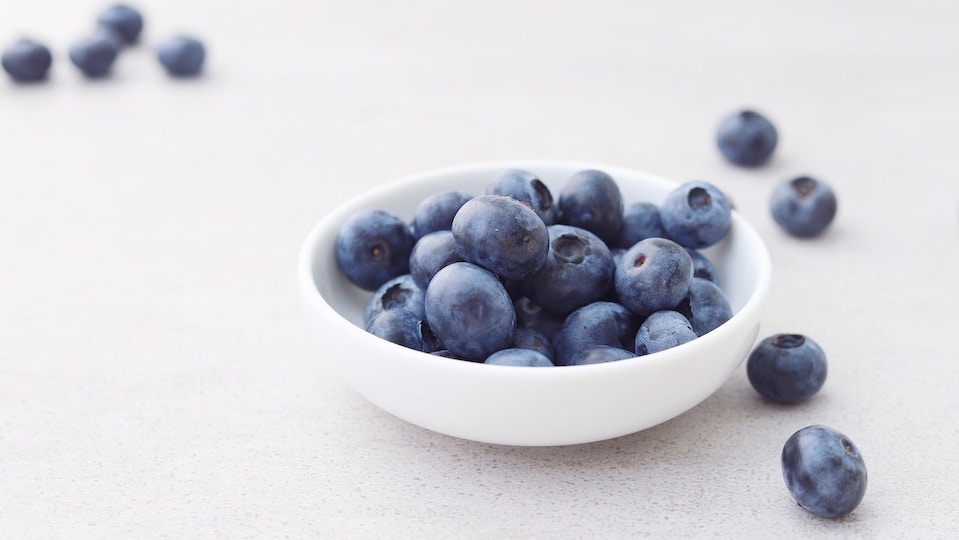Not only is making your own fizzy soft drinks fun, easy, and inexpensive, but they also taste great and are good for you too. Regular soda is packed with sugar and artificial ingredients like colors and flavors that can be attributed to many health problems such as obesity and diabetes. You can feel good about letting your kids drink healthy homemade sodas that taste amazing, are naturally carbonated through lacto-fermentation, and loaded with health boosting probiotics and prebiotics.
History of lacto-fermented beverages
At one time, fizzy soda drinks were considered healthy. Because today’s sodas are so full of artificial gunk, it is hard to believe that they could have even evolved from something considered even remotely healthy.
Traditionally,lacto-fermented drinks were made from the roots, leaves, fruits, and even bark from plants, trees, and herbs. Take root beer, for example – this was commonly crafted from the roots of the sassafras plant. Ginger ale was made from ginger root.
What is lacto-fermentation?
Lacto-fermentation is the natural process whereby starches and sugars in fruits, veggies, and dairy are broken down by naturally occurring bacteria and converted into lactic acid. These chemical changes have some fantastic health benefits, especially for your gut and digestion.
Health benefits of lacto-fermentation
The process of lacto-fermentation yields valuable enzymes, probiotics, and nutrients such as trace minerals in a highly absorbable form. In addition, the carbonation in lacto-fermented soda is a natural byproduct of the fermentation process itself. This gives soda its fun fizziness. This is different from modern soft drinks where carbonation is added mechanically.
Sally Fallon, author of the book Nourishing Traditions, says this,
“Throughout the world, these lactic-acid containing drinks have been valued for medicinal qualities including the ability to relieve intestinal problems and constipation, promote lactation, strengthen the sick and promote overall wellbeing and stamina. Above all, these drinks were considered superior to plain water in their ability to relieve thirst during physical labor.”
Another benefit of lacto-fermented sodas is that they contain considerably less sugar as the bacteria feed on and convert the sugar during fermentation. And of course, there’s no genetically modified high fructose corn syrup or artificial sweeteners.
My lacto-fermented blueberry soda was actually my first attempt at making real soda, so I don’t claim to be any sort of expert. However, my first batch came out beautifully, and I’m pretty confident yours will too if you follow my simple recipe.
DIY Blueberry Soda
This delicious recipe makes about 2 quarts.
Ingredients
-
- 4 cups organic blueberries
-
- 1 cup organic cane sugar
-
- 1/2 cup whey as a starter culture
- 2 quarts filtered water
Directions
-
- Place the blueberries in a pan with the sugar and water and simmer for about 20-30 minutes.
-
- Cool the mixture to room temperature and strain the blueberries.
-
- Pour the juice into a 2-quart glass jar.
-
- Add the whey and let the juice ferment for at least 3 days. You will see a slight fizziness. If you want less sweetness, let it sit for longer – up to 10 days. Taste the soda to see if you like the way it tastes.
- Pour the juice into clean soda bottles using a funnel or measuring cup.
Note: There are several options available for starter cultures. If you use whey, you will have to make it yourself (it is really easy). You can also use ginger bug, water kefir, or champagne yeast.
Ready for some soda?
-The UpWellness Team









